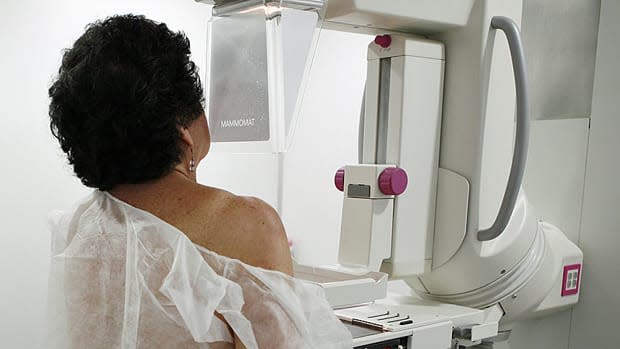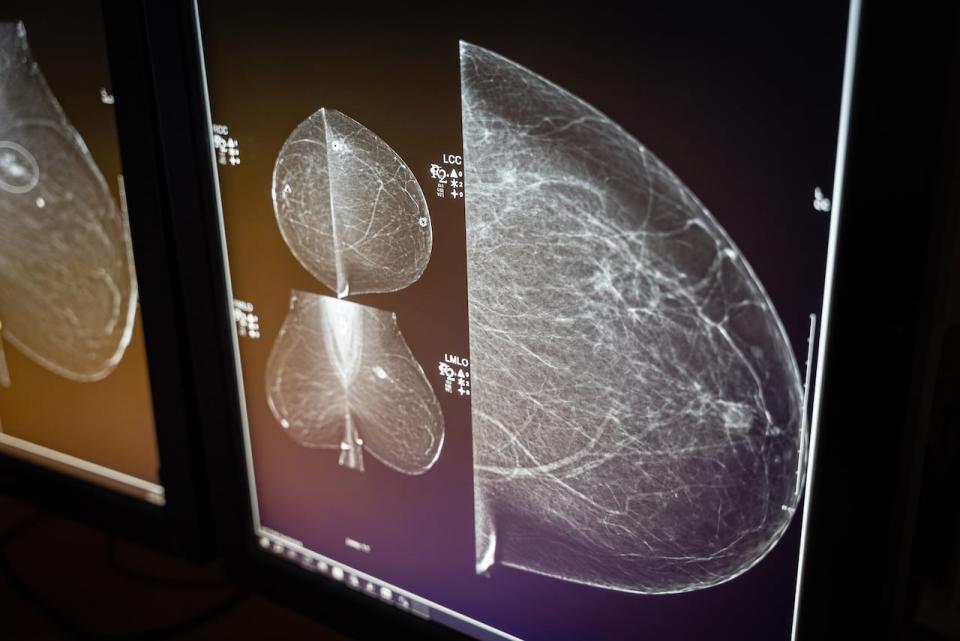Health P.E.I. encouraging people to come back after that 1st mammogram

P.E.I. is one of just two provinces in Canada that allow people 40 and older to self refer for breast cancer screening, but health officials are having a hard time getting people to come back after their first mammogram.
That's despite the fact that Health P.E.I. sends reminders in the mail when it's time to get checked again.
Gailyne MacPherson, the provincial director of diagnostic imaging for Health P.E.I., said it's a trend they started seeing only in the last year or two.
"We send out three reminders for you to book your mammogram, and then after three, we don't send them out anymore if there's been no contact," she said.
She's wondering if the problem involves changing habits with regard to the postal system.
"I used to check my mailbox every day. Now I hardly check my mailbox. And you know, lots of people, the younger they are, the less they check their mailboxes."

A mammogram is an X-ray picture of the breast that is used to screen for cancer. (CBC News)
Health P.E.I. is considering sending screening mammogram reminders by email or phone to see if that will bring better results, MacPherson said.
The province's screening frequency guidelines for breast cancer go into detail about how often people should report for mammograms, depending on their age as well as their personal and family cancer history.
The U.S.-based Breast Cancer Research Foundation estimates that one in eight women will be diagnosed with breast cancer in their lifetime, as well as one in 833 men.


